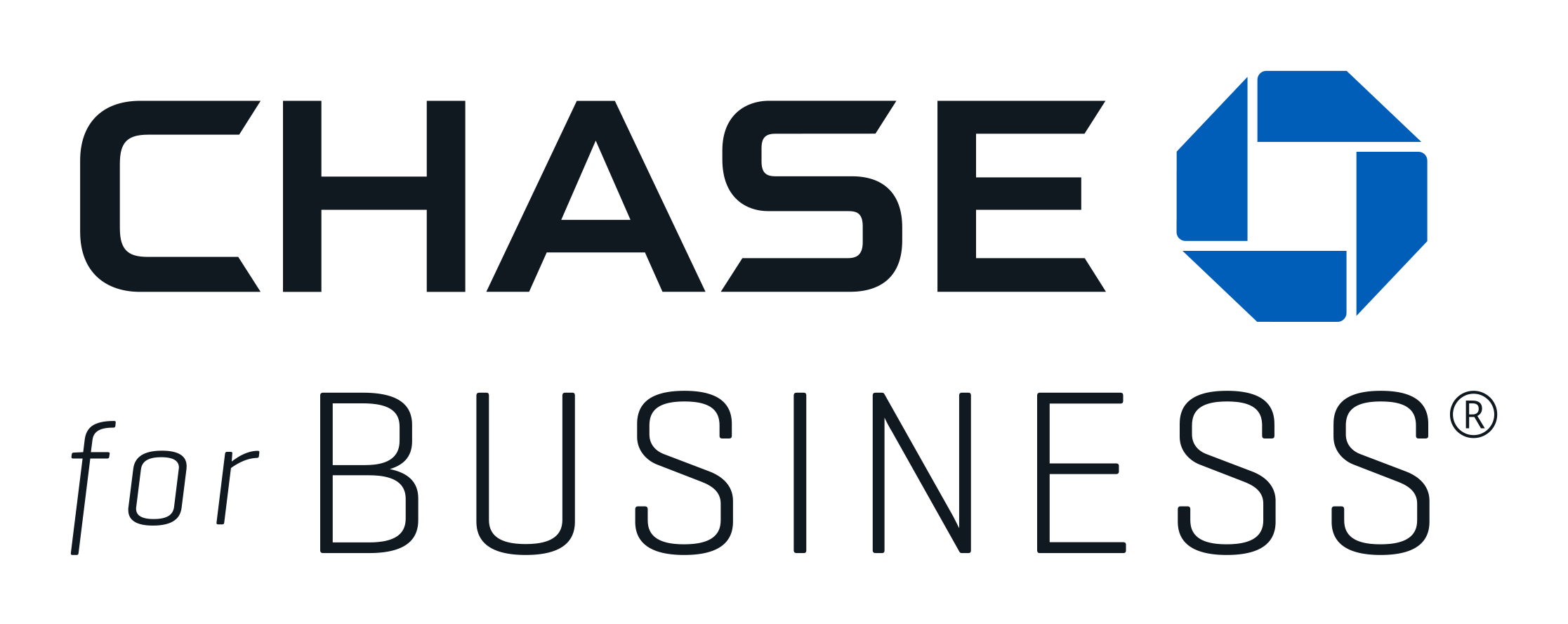How to Open a Joint Bank Account With a Business Partner
A jointly owned business can also have a jointly owned bank account. Most banks support these accounts, but not all.

Many, or all, of the products featured on this page are from our advertising partners who compensate us when you take certain actions on our website or click to take an action on their website. However, this does not influence our evaluations. Our opinions are our own. Here is a list of our partners and here's how we make money.
Opening a joint business bank account works like opening an individual one. You and your business partner or partners choose a bank, gather the necessary documents and apply.
Businesses with multiple owners need transparency, which a joint account can help with. But if the financial institution you want to work with doesn’t support joint accounts — a handful don't — good communication and authorized user permissions may do the job.
Here’s what to know about opening a joint business account, as well as potential small-business banks to consider.
Looking for a business checking account?
See our overall favorites, or choose your business type to find the best options for you.
What is a joint business bank account?
A joint business bank account is one that several people open together. Many banks will default to a joint account if your business has multiple owners. The account is in the business entity's name, and all owners can take actions like:
- Withdrawing and depositing funds.
- Adding authorized users to the account.
- Closing the account.
In general, most brick-and-mortar banks offer joint business accounts. Many online-only account and fintech companies do too — including Relay, Lili and Grasshopper — but a handful do not support joint accounts.
No, authorized users are a little different from account owners. Authorized users can log into the account and do certain things, like write checks or use debit cards.
But they can’t take other actions, like closing the account. They also don’t have legal liability for debts.
Nearly all business bank accounts allow you to add authorized users with varying permissions. The account owner decides what each authorized user is allowed to see and do.
Banks that offer joint business accounts
Here are some of the best business checking accounts that allow joint ownership:
Business banks don’t always publish their policies on joint accounts. But our editorial team surveys dozens of financial institutions every year to learn about things like this. Here’s more information about how we rate, review and compare business checking accounts.
Who can open a joint business account?
Any business with multiple owners can open a joint account. This includes partnerships, corporations and multi-member LLCs.
In fact, with most banks and fintech companies, opening a joint account isn't really a choice. It's simply what happens when your business has multiple owners.
Sole proprietors can’t open joint business accounts. That’s because these businesses have a single legal owner. So even if a family member or other person helps out, they technically can’t jointly own the business’s bank account. Add them as an authorized user instead.
Who should open a joint account with business partners?
If your business has multiple owners, a joint account is usually the right choice. Here's why:
- Every owner has day-to-day financial control of the business. Say your co-owner takes time off to welcome a new baby. If you’re an account owner, you can take whatever action you need to during that time without waiting for your partner to update your permissions.
- Every owner has full visibility. Account owners can see what authorized users are doing, whether bills have been paid and whether checks have cleared. That can help ensure that any mistakes get caught early.
- You’ll have additional FDIC insurance coverage. The FDIC protects each owner of a jointly owned account up to the limit of $250,000. That means, if your business has two co-owners who jointly open the account, your total FDIC insurance limit will be $500,000.
Make sure all your owners stay disciplined about keeping their personal finances separate from the company’s. If your business is a multi-member LLC, your company funds should be protected from garnishment for something like child support. But that could change if an owner pierces the corporate veil.
Jointly owning an account introduces some security risks. Someone might misuse company funds. And if one owner gets into personal financial trouble, a creditor could try to seize your business account to pay that person's debts.
Hopefully, you and your co-owners trust each other. (If not, you might have bigger problems.) But taking precautions can be smart. Consider seeking out an account that supports authorized users but not joint ownership if:
- One owner isn’t involved in the business day to day. If you have an absentee owner, that person should still have visibility into business finances. But they may not need full control.
- One owner is significantly less experienced than others. Say you start a business with your child when they’re 18. It could make sense to add that person as an authorized user while they learn the ropes — both in their personal life and in terms of the business.
Virtually all banks and fintech companies allow you to add authorized users.
Pros and cons of joint business accounts
Pros
Every owner gets a full picture of cash flow and reserves.
Access additional FDIC insurance coverage; up to $250,000 per depositor/account owner.
Cons
Risk of account misuse; can’t set permissions for account owners.
Jointly held funds can be seized to satisfy debt collection on either partner.
How to apply for a joint business bank account
Most applications require everyone with at least 25% ownership in the business to provide the following:
- Social Security number.
- Date of birth.
- Phone number.
- Home address.
- A signature on the application, either electronically or in person.
You’ll also have to provide general information about your business. That includes:
- Employer Identification Number.
- Estimate of your annual revenue.
- Legal structure and governing documents.
- Ownership agreements.
- Formation documents.
- Business license.
- Trade name or DBA, if you have one.
Most online business checking accounts — and some brick-and-mortar banks, including U.S. Bank and Bank of America — allow you to complete all verification steps online. But a few brick-and-mortar banks require an in-person visit to apply and open a joint business account.
Article sources
NerdWallet writers are subject matter authorities who use primary,
trustworthy sources to inform their work, including peer-reviewed
studies, government websites, academic research and interviews with
industry experts. All content is fact-checked for accuracy, timeliness
and relevance. You can learn more about NerdWallet's high
standards for journalism by reading our
editorial guidelines.
On this page
- What is a joint business bank account?
- Is an authorized user the same as an account owner?
- Banks that offer joint business accounts
- Who can open a joint business account?
- Who should open a joint account with business partners?
- Pros and cons of joint business accounts
- How to apply for a joint business bank account
Related articles
















